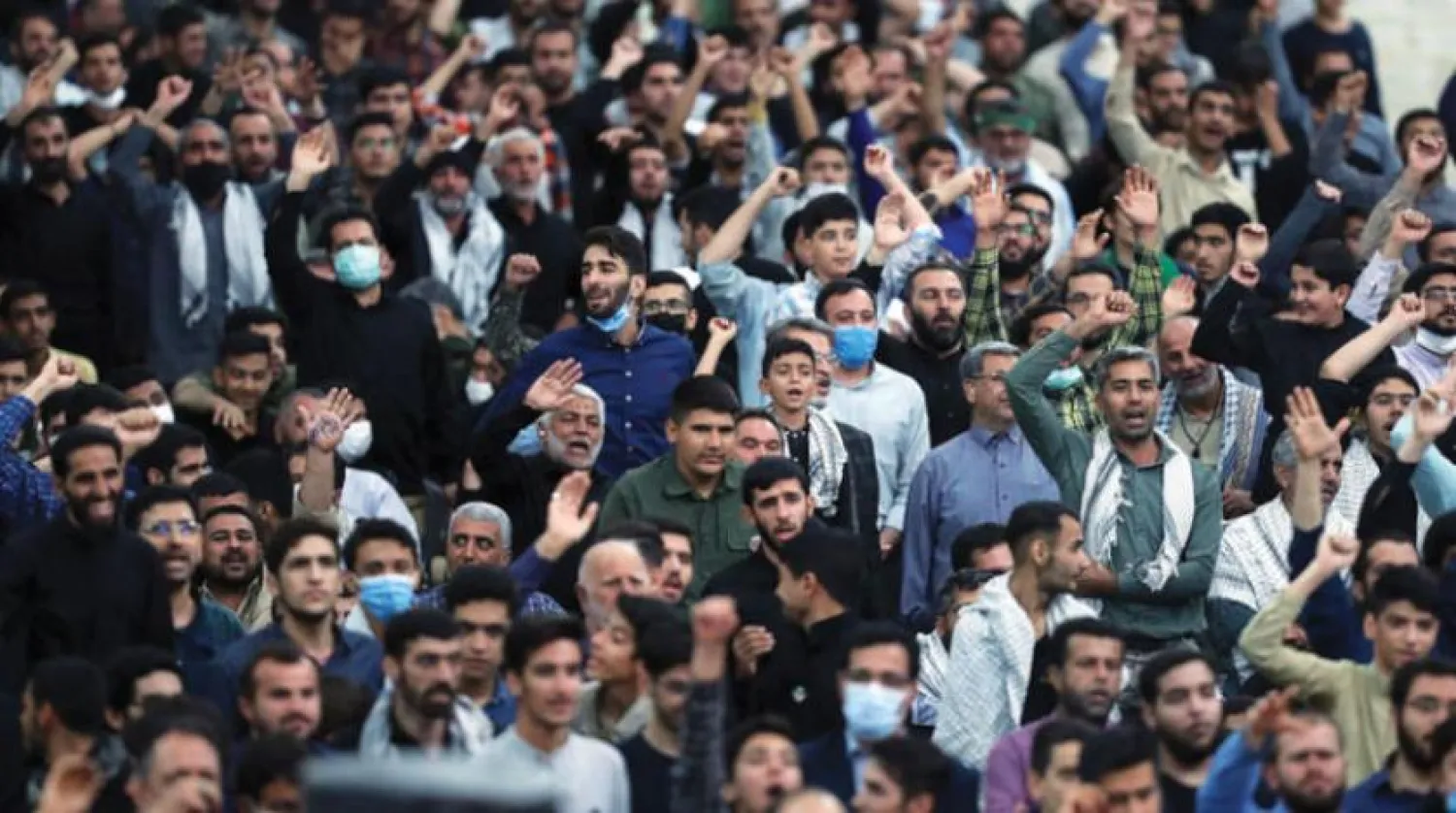Iran’s Intelligence Minister Esmaeil Khatib has said that his country is facing two enemy strategies centered around popular protests and assassinations. The country’s Supreme Leader Ali Khamenei had earlier accused foreign parties of stoking conflict between the public and Iranian authorities.
“The enemies are mobilizing all their energies against us because they realized that there is a force within the regime that is ready to confront any threat, despite the presence of all these foreign intelligence services," Khatib said at a Revolutionary Guards meeting in Zahedan, the capital of Balochistan province.
Khatib accused the US of mobilizing equipment and facilities of “18 intelligence and security agencies” against Iran.
“Their expenditures are greater than Iran's general budget,” claimed the minister without providing evidence for that.
He then went on to say that currently, the enemy is focused on three issues:
First, it counts on the people’s protests and Iran’s social conditions, and tries to broaden them by misleading the true demands of the people and organizing networks and illegal gatherings. Second, it is capitalizing on terrorist actions, which are committed by the Israeli regime. And third, it is trying to “confuse" the minds of Iranians through cyberspace and social media.
One of these events was the assassination of Hassan Sayyad-Khodaei -- a member of IRGC’ Quds Force, responsible for operations outside Iran’s borders.
Khodaei was killed outside his home on a residential street in Tehran on Sunday when two gunmen on motorcycles approached his car and fired five bullets at him. Iran blamed Israel and vowed revenge for the killing.
Israel informed the US that it carried out the assassination.
The New York Times has quoted an Israeli intelligence official as saying that Tel Aviv has informed American officials it was responsible for the killing of the Revolutionary Guard colonel in Tehran.









